The Apple event that took place on 12th September has finally revealed the speculated iPhone versions and to a great extent, most of these rumors have come true. Funnily enough, Apple this time decided to skip the iPhone 7S just straight to the iPhone 8 and more so, the iPhone X. To mark the 10th anniversary of the iPhone. Apple has released the iPhone X and it is extremely different from any of its ancestors. It’s all the buzz. Let’s compare between iPhone 8 vs iPhone X.
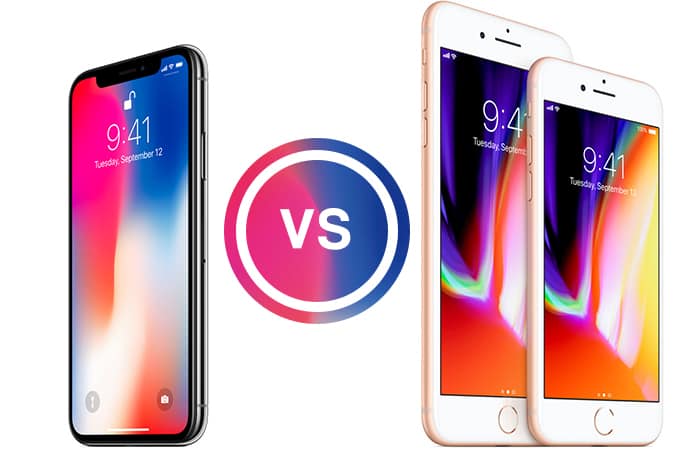
iPhone 8 vs iPhone X Design: What’s the Difference?
The most notable and standout difference between the iPhone 8, iPhone 8 Plus and iPhone X is the industrial design and this is actually a huge step forward for Apple. A breath of relief for its customers that the design is finally able to rival that of the latest android phones and is different from the looks of the all the other iPhone, ever since the advent of the iPhone 6.
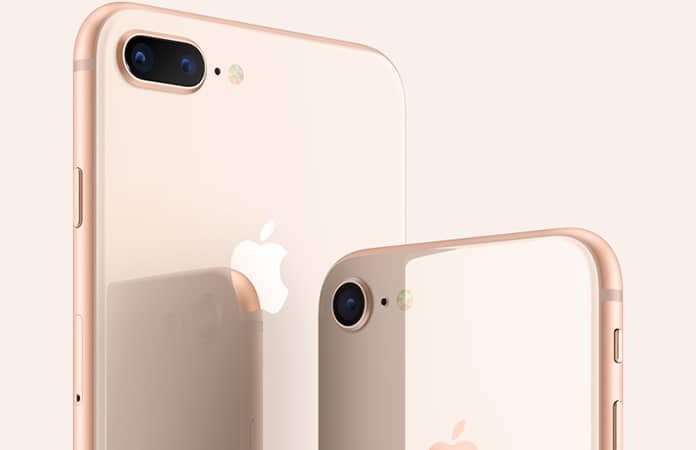
The iPhone X is the handset that has absorbed the major chunk of the spotlight. Despite the tremendous amount of spec leaks in the past couple of months. This iPhone X is still Apple’s most radical design. We will all naturally compare it with the much earlier released Samsung Galaxy S8 and LG V30. Because the screen on the iPhone X has an edge to edge display and the chunky bezels which are completely out of fashion now. It’s a striking, futuristic, and fluid design that immediately catches your eye and is unlike any other iPhone.
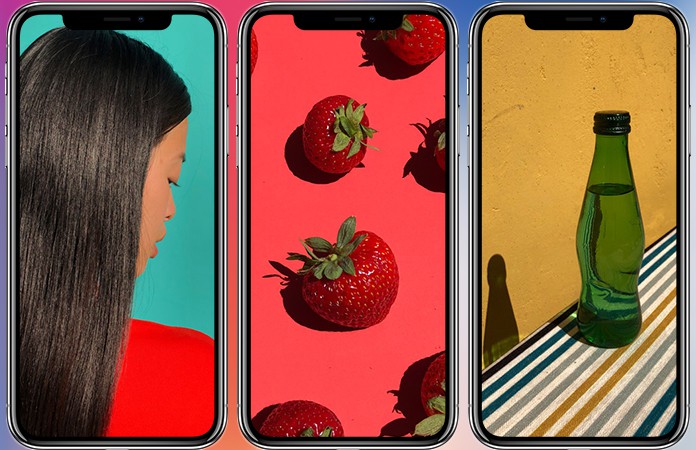 A lot of spec analysts and technology buffs all over YouTube as well as in articles were concerned about how Apple would manage the odd black cut out on the top of the screen. This portion has actually been put to great use and houses a myriad of sensors (even the front-facing camera).
A lot of spec analysts and technology buffs all over YouTube as well as in articles were concerned about how Apple would manage the odd black cut out on the top of the screen. This portion has actually been put to great use and houses a myriad of sensors (even the front-facing camera).
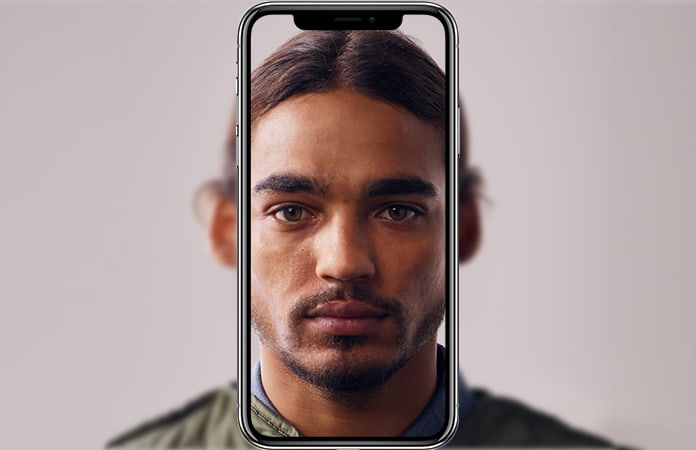
It will definitely take some time to adjust to the particular hand gestures that the new screen requires us to do and even for us to visually accept the portion at the top, but once we do get a hang of it, it’ll be pretty easy. A bit of a concern which we would like to point out is the glass back which has been used and their durability because all they are is just pretty.
The iPhone 8 and the iPhone X have the same IP67 rating as before. Another notable difference that we would like to mention is that with the advent of the iPhone X, the classic circular home button is now no more. Henceforth, the Touch ID is now only available on the iPhone 8, not on the iPhone X and in place of the absence of this feature, Apple has introduced Face ID. The technology has been introduced before with face recognition on the Note 8 and other phones, but it’s able to be used with authorizing iTunes purchases, apart from just unlocking the phone.
We talked about the downside of the glass back earlier in this article but with bringing back the glass base has actually let Apple implement the wireless charging feature. Which is not just exclusive to the iPhone X and is also to be availed on the iPhone 8.
iPhone 8 vs iPhone X Specs: Which iPhone is More Powerful?
There wasn’t a lot of in depth talk about the specs. Hence, we sat through the usual presentation slides about improved performance for both the CPU and GPU. The A11 Bionic chip is the new power supplier for the iPhone 8 and iPhone X is which has probably been created with the same 10nm process as the Snapdragon 835. This manufacturing process ensures an efficient device with a smoother performance and a longer lasting battery. Apple’s A11 CPU comprises of two performance cores which are 25% faster each than the iPhone 7 in addition to four high-efficiency cores.
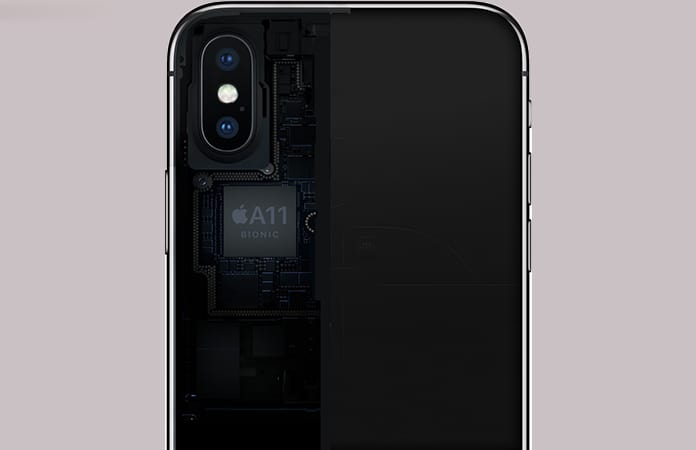
Apple did not mention the RAM in either of these phones so we will just have to wait for the inevitable tear-downs to get a hands-on experience with the memory base.
Both the iPhone 8 and iPhone X sports a similar internal mechanism but they are worlds apart in terms of display. The iPhone X is the first to discard the IPS LCD display for OLED – the same screen tech used by Samsung and LG of which Samsung is the sole supplier of the whole world and had Apple buy it at $150.
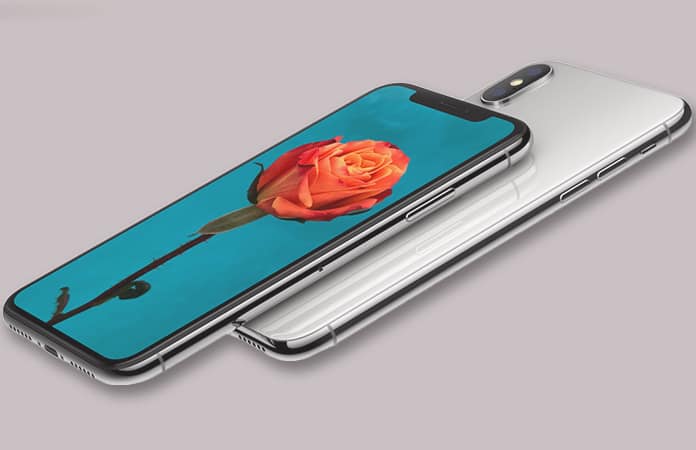
OLED has a lot of advantages and really brings out the intensity of a display. It offers perfect blacks, relatively higher vivid colors than LCD displays. Additionally, it is Dolby Vision and HDR10 capable. OLED supports much higher resolution 2436 x 1125.
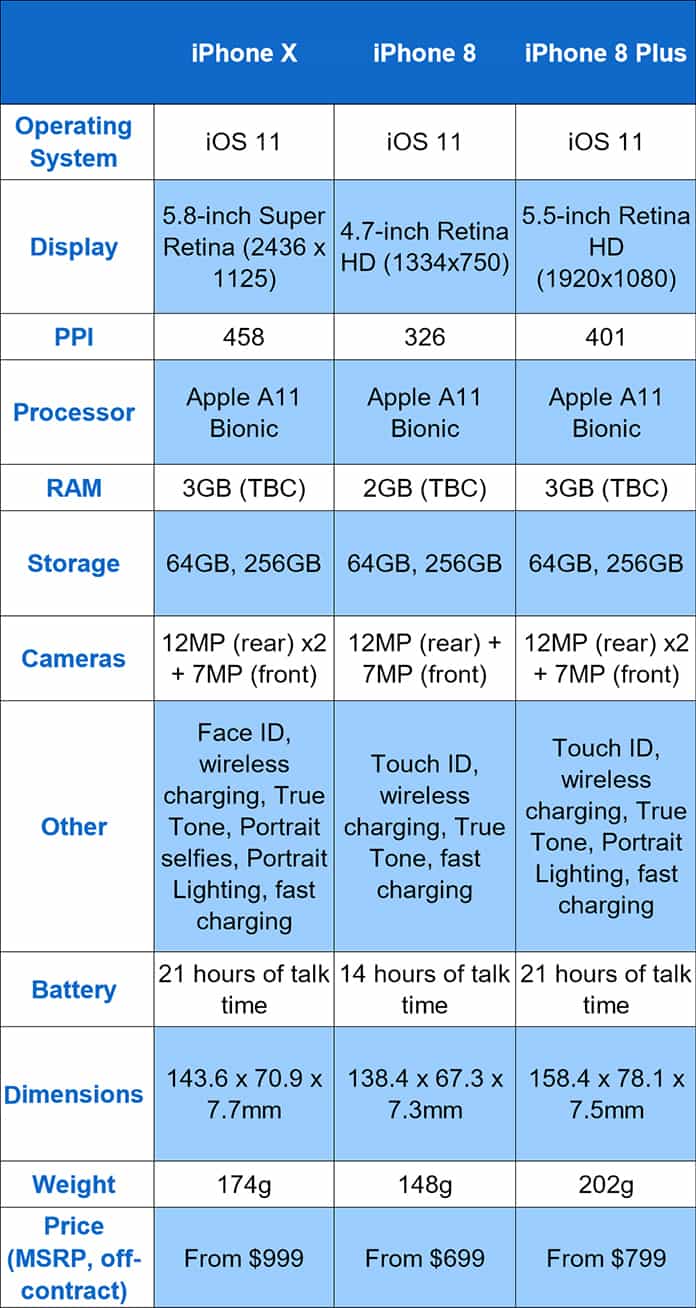
iOS 11 will be installed beforehand on all the new phones and will have new but unasked for features. These features can be an improved Siri, a new Control Center and a redesigned App Store.
iPhone 8 vs iPhone X Camera: Which Takes the Better Shot?
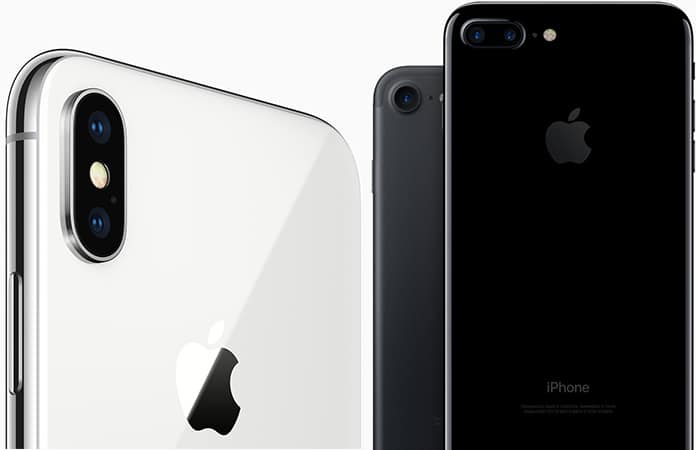
The cameras have been made the highlight after the screen. Although, the iPhone X and iPhone 8 have almost the same camera features. The smaller iPhone 8 did not get a piece of the new cake and so is stuck with the old 12MP sensor. Whereas, the 8 Plus and X have dual-12MP cameras with the extra sensor acting as an optical telephoto zoom lens.
The iPhone X takes advantage of OIS technology on both these sensors, whereas the 8 Plus has it just on the regular sensor.
iPhone 8 vs iPhone X Price
The iPhone 8 will start at the reasonable $699 for the smaller model. For 64GB and $849 for the 256GB model. In case you want the 8 Plus model you must add an extra $100 to each of those. The iPhone X is what might have an enthusiast spending a higher price. As it will start at $999 for 64GB and $1,149 for 256GB.
iPhone 8 vs iPhone X Summary
Design: The iPhone X is the one with the designing limelight, with that edge-to-edge screen. The iPhone 8 and 8 Plus are much like the previous iPhone. All the phones have an IP67 rating, glass backs for wireless charging and, unfortunately, still no headphone jack.
Specs: The brand new 10nm A11 chip powers both phones. The iPhone X has OLED display, while the 8 and 8 Plus have IPS LCD.
Price: The iPhone 8 starts from $699 to $849 from 64 GB to 256 GB respectively. Whereas, the iPhone 8 Plus is $100 higher. iPhone X starts from $999 for 64 GB and $1,149 for 256 GB.
So there you have it the differences between iPhone 8 and iPhone X. Let us know in the comment which iPhone you’re upgrading to or just use the previous version?


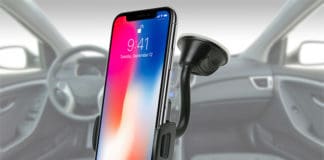







![30 Best Cydia Repo Sources For iOS 16/15/14 Jailbreak [2024] best cydia sources 2020](https://cdn.unlockboot.com/wp-content/uploads/2020/06/cydia-sources-13-100x70.jpg)